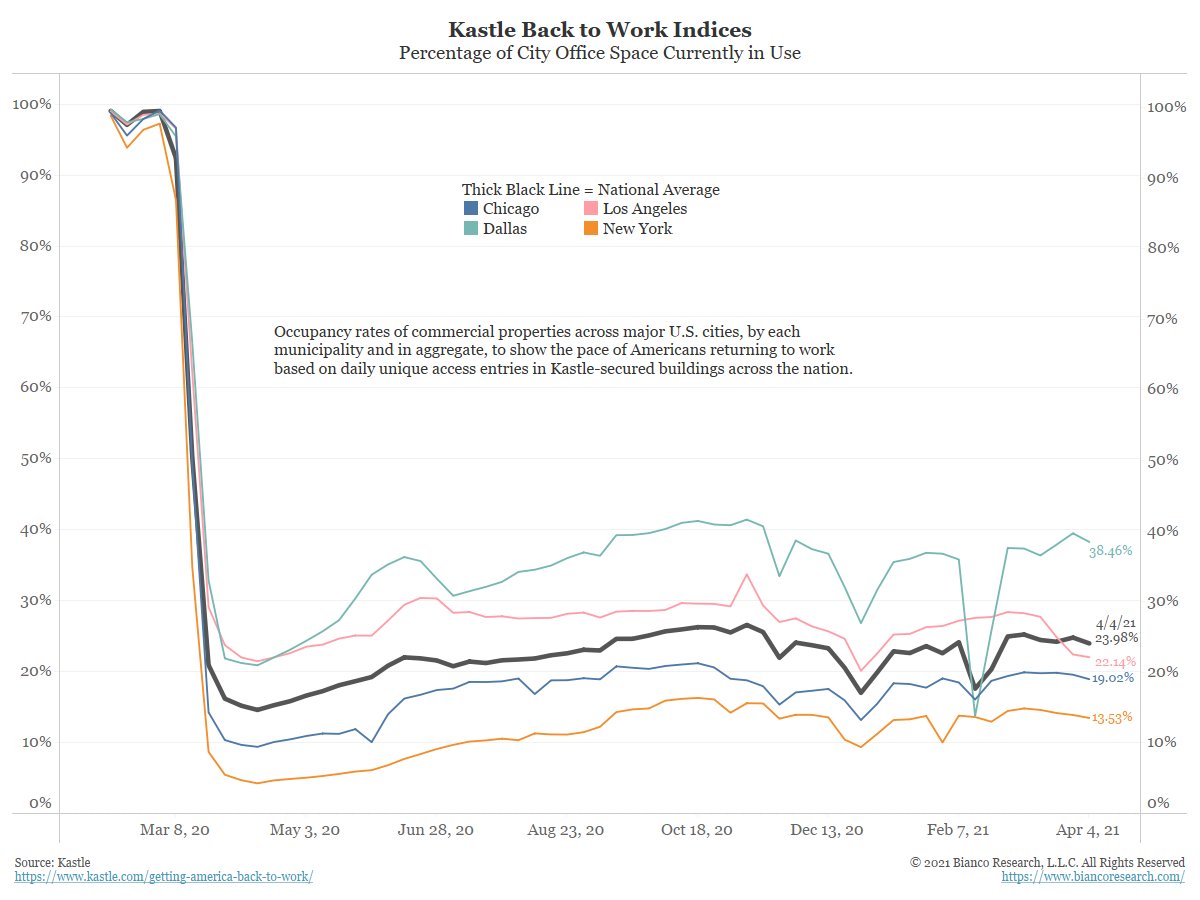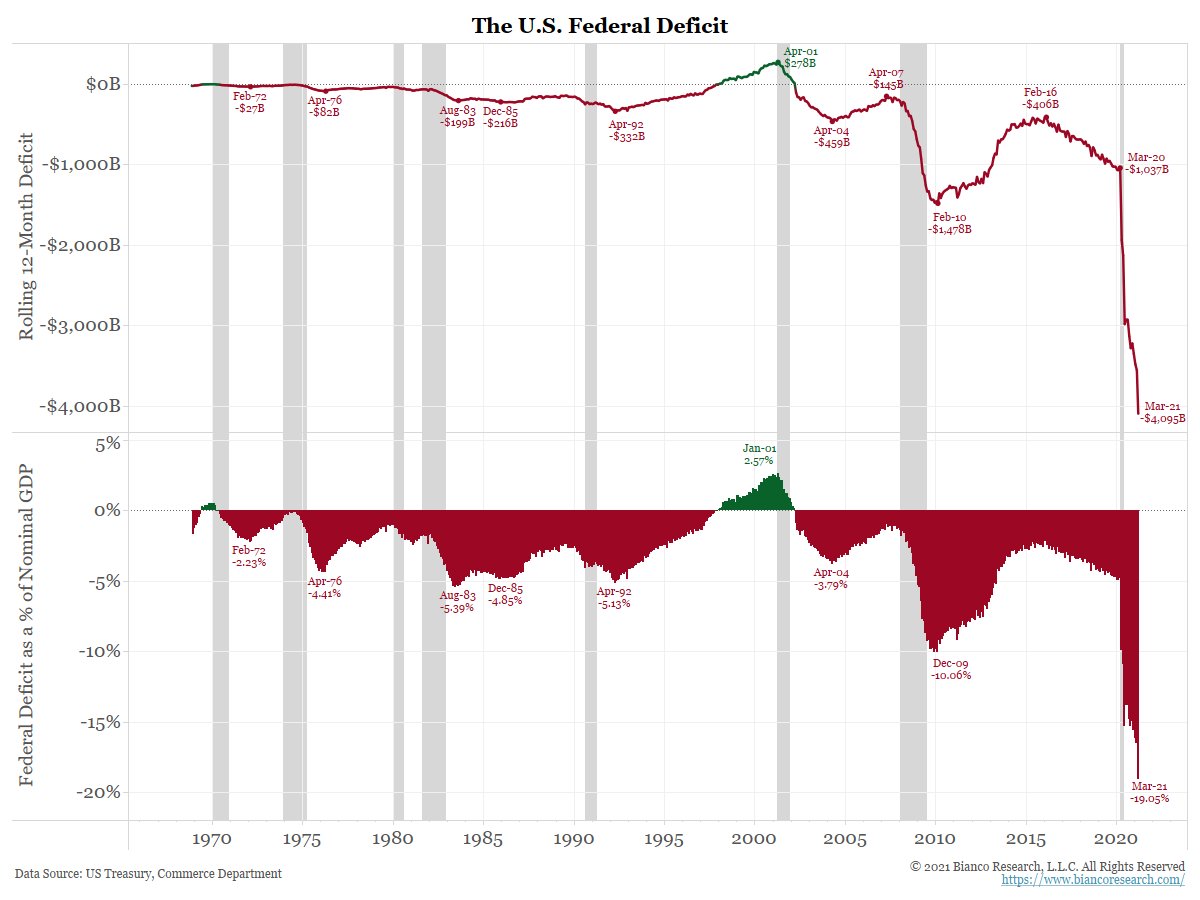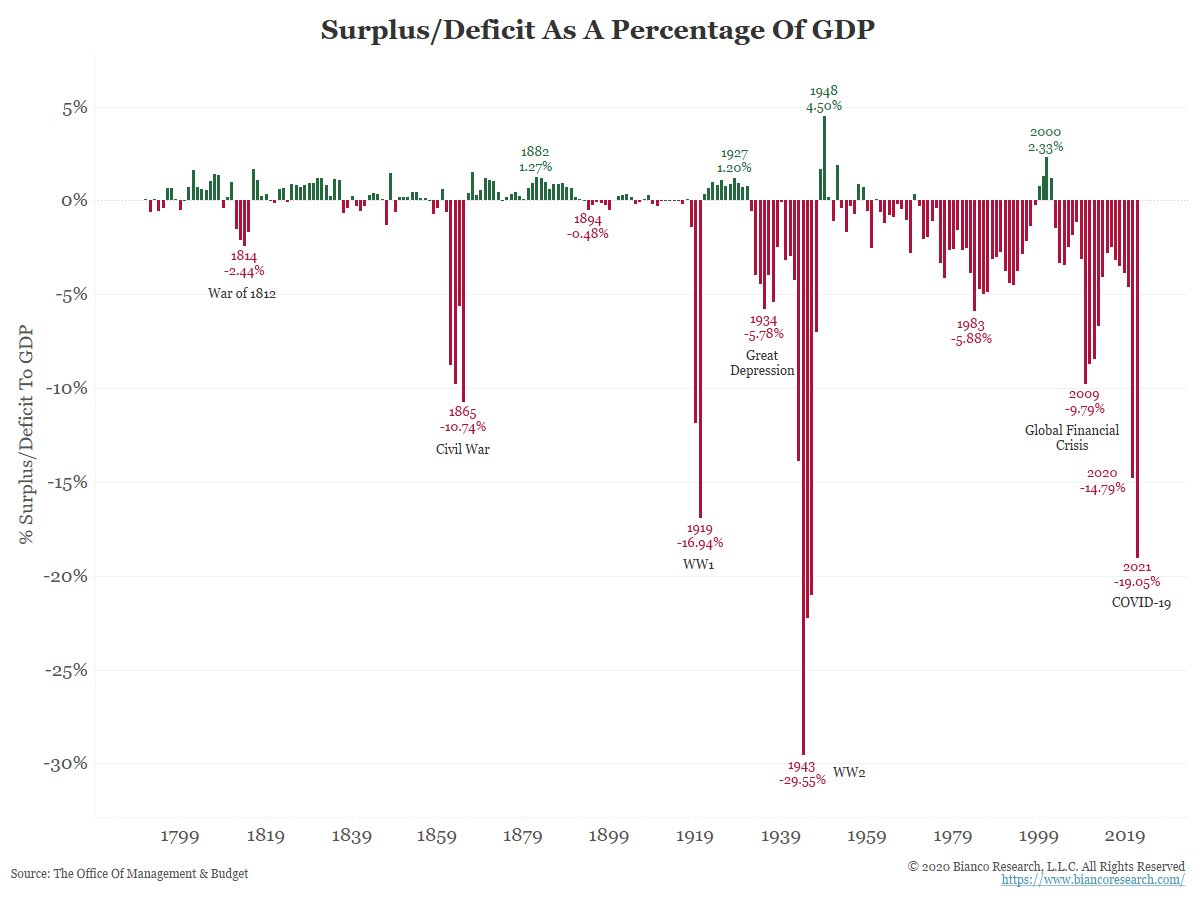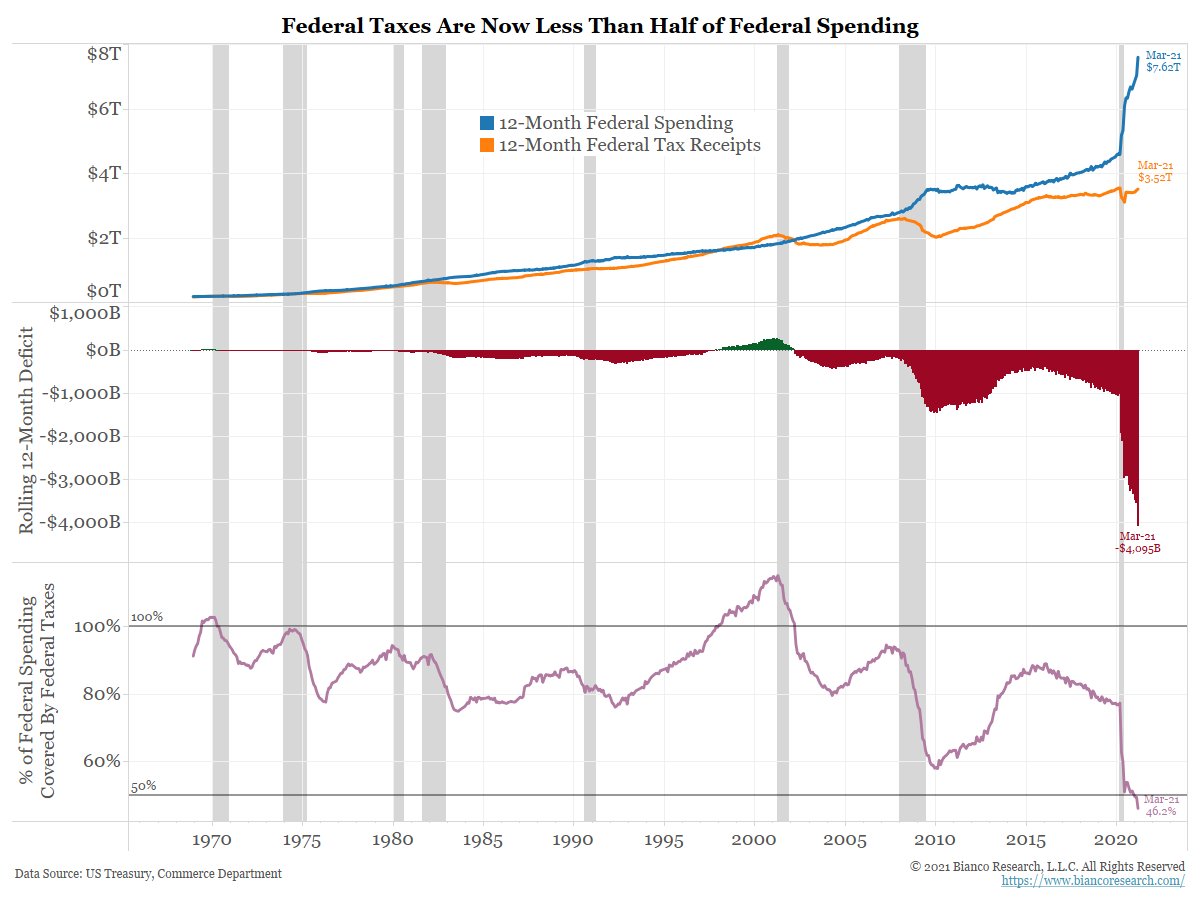
Nothing to act on now ... but worth paying attention too.
The Seychelles is a African country of 97,000 off the coast of Tanzania. It is one of the richest countries in the world. The country is full of expensive cars and high fashion, think Beverly Hills.
(1/4)
The Seychelles is a African country of 97,000 off the coast of Tanzania. It is one of the richest countries in the world. The country is full of expensive cars and high fashion, think Beverly Hills.
(1/4)

Seychelles has FULLY vaccinated over 60% of its population, thanks to its wealth. The country has been using the Chinese Sinopharm and AstraZeneca inoculations.
It leads the world with the highest parentage of a population fully vaxxed.
(2/4)
It leads the world with the highest parentage of a population fully vaxxed.
(2/4)
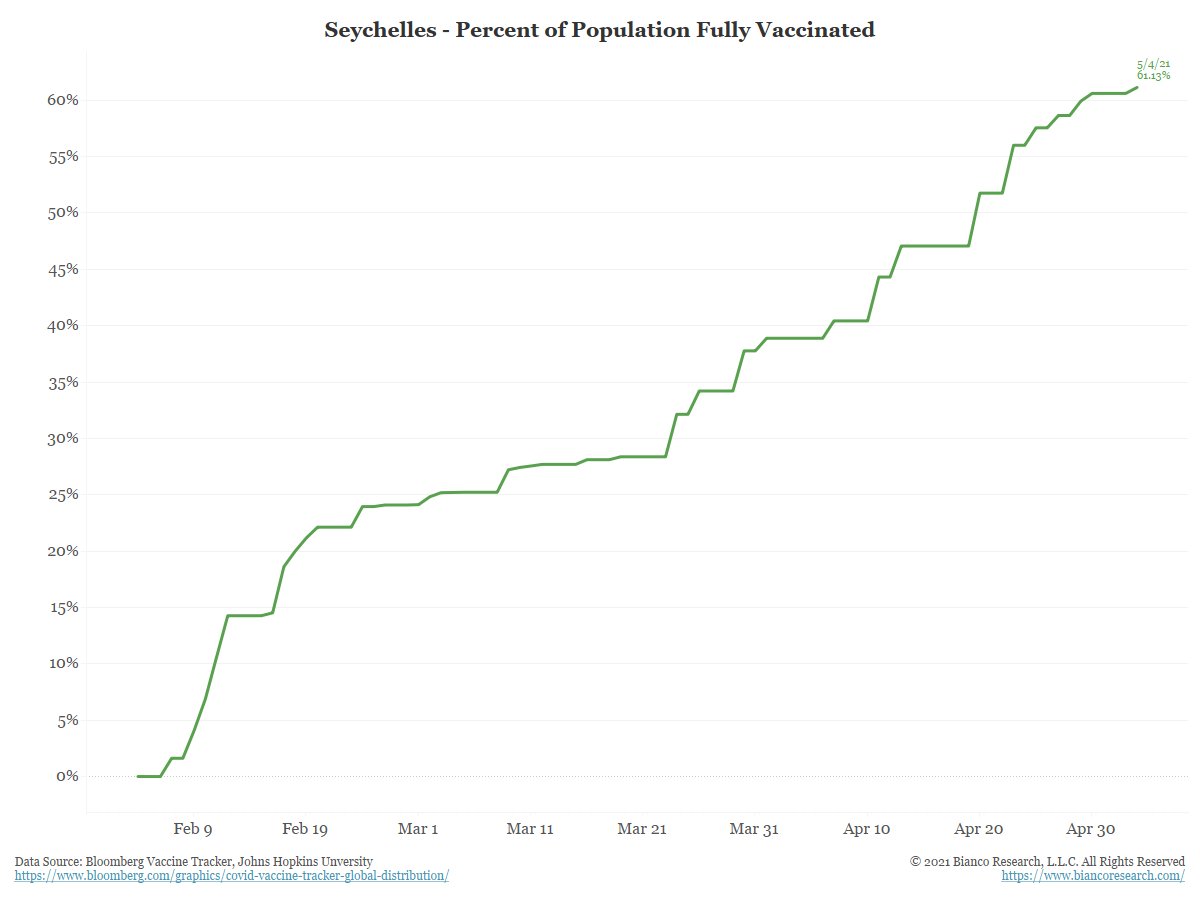
But here is the concerning part ... Seychelles cases are spiking. Remember the majority of country has been vaxxed
(3/4)
(3/4)

The B.1.351 variant, first identified in South Africa late last year, was found in the Seychelles in February
AstraZeneca’s vax appeared to be less effective against that variant in a study, and South Africa halted plans to use those injections.
bloomberg.com/news/articles/…
(4/4)
AstraZeneca’s vax appeared to be less effective against that variant in a study, and South Africa halted plans to use those injections.
bloomberg.com/news/articles/…
(4/4)
Seychelles updated their infection rates yesterday.
They that have fully vaccinated more people than any other country, now 69%. As an island they can control their the flow of foreigners.
They use the WHO approved Sinophram vaccine from China.
Does it work?
They that have fully vaccinated more people than any other country, now 69%. As an island they can control their the flow of foreigners.
They use the WHO approved Sinophram vaccine from China.
Does it work?

• • •
Missing some Tweet in this thread? You can try to
force a refresh





